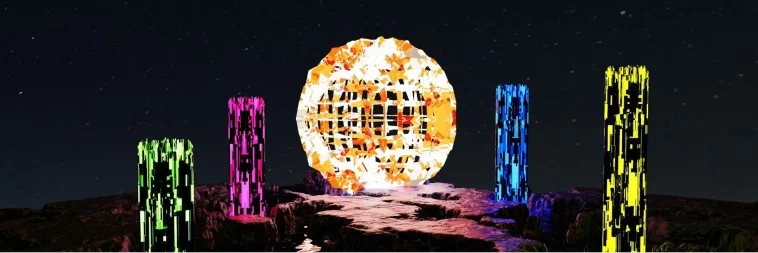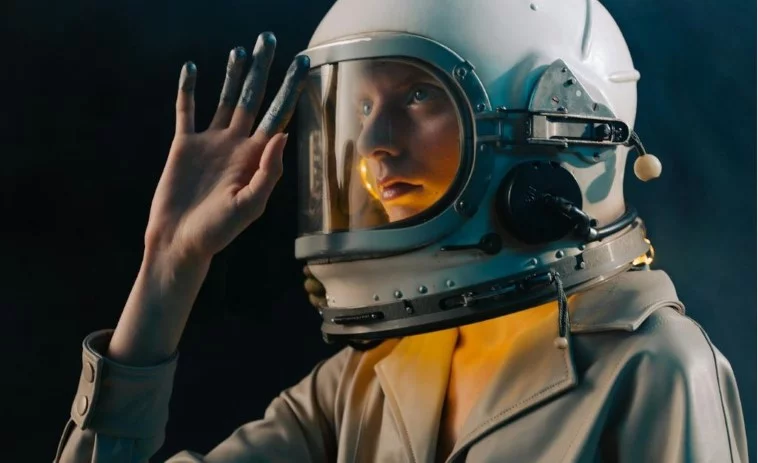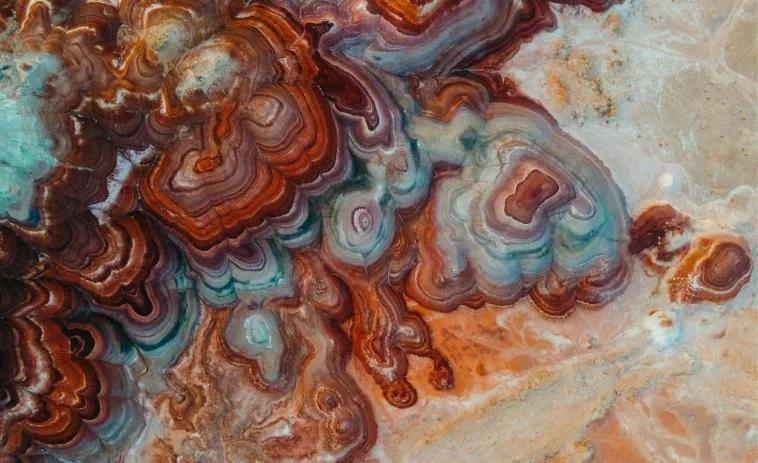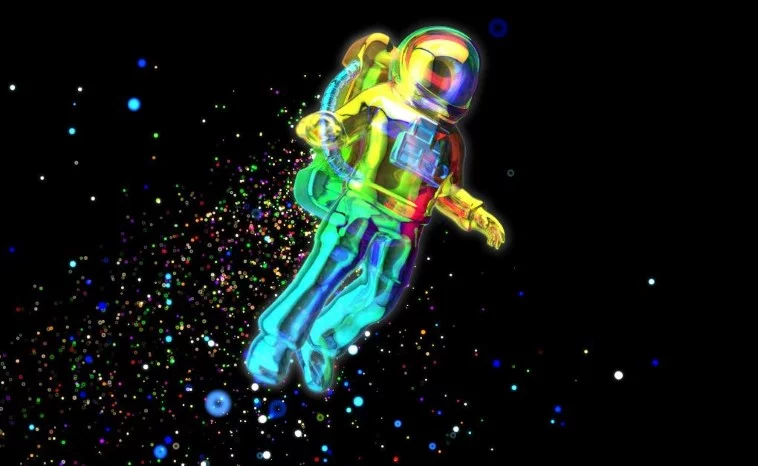Terraforming Mars: The ethics behind it

The ethics of terraforming Mars is a complex and multi-layered issue involving various philosophical, moral and legal aspects. Although it seems tempting, it can lead to disaster.
Here are some of the key ethical issues and considerations, if dangers, associated with terraforming Mars.
Let’s take a closer look at the six main factors that we might need to consider here.
- Natural environment
There is an argument that Mars, as a natural planet, has the right not to change and should remain unchanged. Terraforming would significantly alter its natural state. Do we really have the right to play God?

Possible life on Mars: If there is a possibility that Mars harbors some form of life, terraforming could destroy or significantly alter that life. This raises the question of whether we have the right to intervene in the case.
- Long-term consequences
Terraforming would have long-term consequences that should be carefully considered. Are we ready to take responsibility for such changes?
Generational Justice: The terraforming project would take many generations. Is it fair that one generation makes decisions that will affect future generations? Will the future generations praise or condemn us?
- Earth’s Ecology
Terraforming Mars could have unforeseen consequences for Earth’s ecology, e.g. through the transfer of microorganisms or other materials between planets. This is something that is little thought about because in the distant future, micro-organisms mutated on Mars could land on Earth.

Resource Management: Terraforming would require huge amounts of resources, which could affect the availability of resources on Earth. As of now, we cannot make predictions on how this would effect us. Are we ready and wise enough to make such a risk?
- Anthropocentrism
Terraforming is often based on an anthropocentric worldview, where human needs and desires come first. This raises the question of whether we should consider other perspectives, including those that focus on nature and other forms of life.
Cultural heritage: Mars has great cultural and scientific value as an unchanged planet, as it is. Terraforming could destroy these values. Is this where we draw the line or will curiosity prevail?
- International Agreements
There is a need for international agreements and regulations to govern the terraforming of Mars. How to ensure that the project is carried out in an ethical and responsible manner?
Ownership and governance: Who should govern a terraformed Mars? How to ensure that resources and benefits are distributed fairly? The list of questions can certainly become bottomless.
- Uncertainties
Terraforming would involve many uncertainties and risks. Is it ethical to take such risks without fully understanding the consequences?
Reversibility: If terraforming proves unsuccessful or harmful, would it be possible to reverse the changes? Is the human species remotely ready for such endeavors?
Conclusion:
The ethics of terraforming Mars is a complex and multidisciplinary topic that requires careful consideration and dialogue between a variety of experts, including scientists, philosophers and even lawyers with the highest standards of moral.

It is important that all parties engage in this discussion so that informed and responsible decisions can be made about the future of Mars.
History on Earth teaches us that the powerful decide and rule and the small suffer!
Maybe Mars will also be in that group of small ones. It also teaches us that agreements are made behind the scenes, or not honored.
As things currently stand, the terraforming of Mars is likely to be an image and occasion of the state and relationship on Earth.
In any case, sooner or later, Mars will be man’s first attempt at terraforming and a great experience for future generations. Let’s wait and see, but hopefully past mistakes will not be repeated or amplified. Hope remains when all else is gone.

